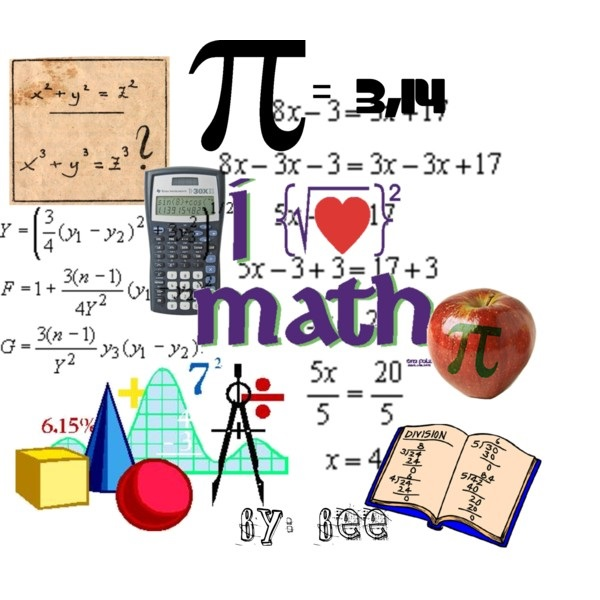Improved Grades for Math Department

Numerous changes implemented by Thomas Nelson's math department in the past year added up to good news when the most recent VCCS Funding Model Metrics were released.
For the 2019-20 academic year, the number of developmental students who completed a college-level math course within four semesters of enrolling was 11.5%, up from 9.3% the previous year. In addition, college-ready students who completed a college-level math course within three semesters of enrolling jumped from 39.4% last year to 44.0% this year.
Those improvements may seem small, but Program Chair Rimma Feygelson said it's more important to focus on the changes made. And there were a lot, starting with the VCCS' Passport courses offered by the College.
Those "Passport" courses satisfy a lower-division general education requirement, and are transferable to almost all Virginia public universities. Thomas Nelson's math department concentrated on the following five courses: quantitative reasoning (MTH 154), statistical reasoning (MTH 155), pre-calculus I and II (MTH 161 and 162), and statistics I (MTH 245).
Some changes were made in specific courses, and others were in multiple courses. Below are the highlights:
For the two most popular math classes at Thomas Nelson (quantitative reasoning and pre-calculus I), instructors and tutors worked together to create new instructional designs. That included Math Emporium and Math Zone instructors.
The collaboration among the math department and tutors (in Math Zone and Tutor Zone) stressed where and when to get help.
"Tutors were trained in what kind of help they can provide to a student for a project," said Feygelson, who noted it's key to make sure the student, not the tutor, solves the problem. "But we work closely with students."
As a result, tutors reported an increased number of students using the center in the fall and during the coronavirus pandemic.
In the fall 2019 semester, space was made available in the Math Emporium computer lab and library computer lab so all MTH 154 and MTH 161 classes could take place there. That enabled instructors to introduce ALEKS (an online tutoring and assessment program) and Excel to students the first week of classes.
"It's important for student success because instructors were showing students where they can get immediate help," Feygelson said.
For project-based quantitative reasoning, the projects were restructured.
"We would break the project into small parts so students were not so overwhelmed, and instructors were able to give feedback at the beginning of the project," Feygelson said. "That allows students to fix their initial mistakes and not to carry the initial mistake over to the next part of a project."
MTH 154 and MTH 161 were added to the list of courses for the IncludEd program. Feygelson said this provides students access to the course materials (e-book, ALEKS software, etc.) from the first day of the semester since the payment for ALEKS occurs through their tuition.
"It's a huge reason for student success," Feygelson said. "Previously, students might not have had access to an electronic textbook or a physical paper textbook for two, three or four weeks because they didn't have money to buy it (at the start of the semester)."
In MTH 161, the first test was moved from the fourth or fifth week of the semester to the end of the second week or beginning of the third week. In addition, instructors had one-on-one conversations with each student to assess their progress.
"Students were getting feedback much earlier to find out how they were doing," Feygelson said, adding instructors were sharing tutorial information with them and showing them how to get immediate help without waiting to see a failing grade on a test.
MTH 154 used to have just two tests, a midterm and a final. A third test was added, earlier in the semester, but only the two best scores counted toward the student's final grade.
Canvas shells were made more uniform, and more user-friendly across all math courses.
During the pandemic, instructors made lecture videos and shared them with faculty and students.
Improvements also were made in an often overlooked area, studying.
"We work with the students on study skills because most students don't have study skills, or have forgotten about them," Feygelson said. "Remember, some of our students have been out of college or high school for many years. They forgot how to study successfully and effectively."
She stresses to students that studying for shorter periods daily is better than waiting until the last minute.
"If you repeat that (material) each day for 20 minutes, it's much better than two hours before an exam," she said.
The improvement in scores hasn't gone unnoticed on campus.
"I am so proud of the collaborative work the math department did during the course of the year," Dr. Susan English, Vice President of Academic Affairs, stated in a campus-wide email. "Thinking back to last summer, you seriously analyzed your student success data, you worked together to determine actionable steps, you focused on the student to develop strategies to lift the student up, and you maintained that focus all throughout the year. And look, the data show that more students are being successful in the gateway classes."
English also noted success in these classes often leads to future success.
"National research supports that students who complete their gateway math and English courses are more likely to complete the associate degree," she said.
Feygelson is optimistic the steps taken by the math department will lead to lasting success.
"I think so. I hope so."
English agrees: "I can't wait to see how this work will continue."
